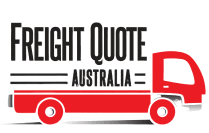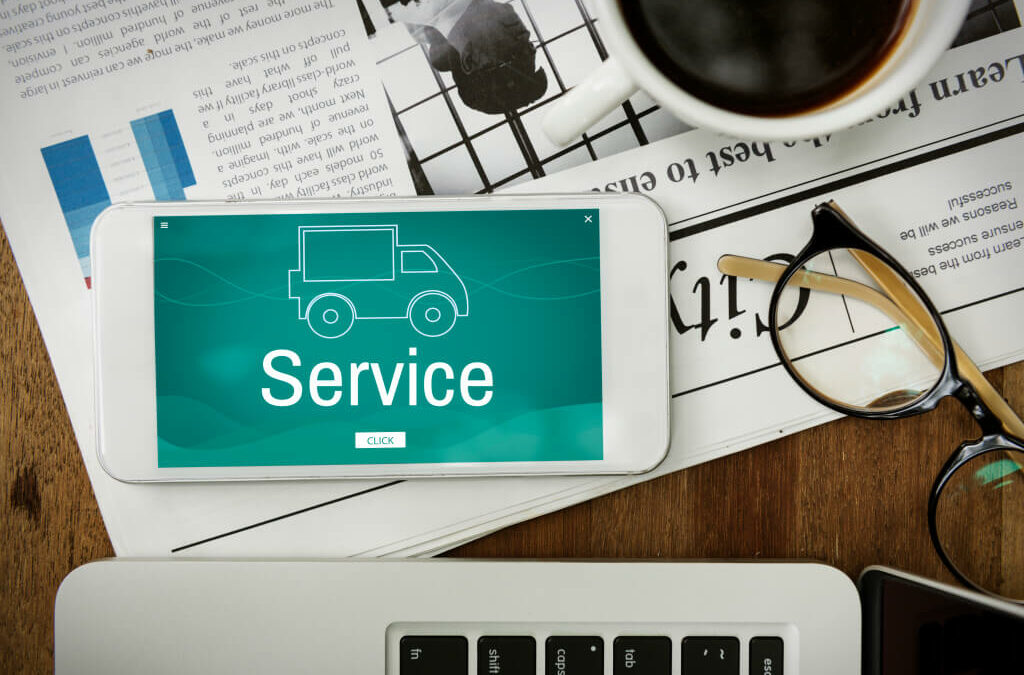Couriers and transport companies play a vital role in the business-to-business and business-to-consumer economy, picking up and delivering goods usually for a fraction of what it would cost the business to make the deliveries themselves. If you’re in the business of shipping out goods regularly to your customers (e.g. you are an online retailer) and the volume of your deliveries is increasing, then there may come a day when investing in your own delivery vehicle and employing a driver would result in a reduced cost overall.
However, before taking the plunge and splurging out on a new van, ute or truck, it’s important to take a good hard look at the characteristics of your deliveries, as this will provide some helpful pointers and enable you to make a smart and informed decision. This article describes some of the main things to consider.
Total Cost of Outsourced Deliveries VS Cost of Owning a Vehicle
If your total deliveries cost on an annual basis (i.e. the amount you’re being charged by the courier or freight companies you use) is not much more than the maintenance, insurance, registration and depreciation expenses on owning a vehicle, then it’s very unlikely that investing in a vehicle will pay off. However even if your freight costs are astronomical, and far exceed the combined costs listed above, there are still a couple more questions you need to ask yourself.
Could it be Worth Obtaining a Freight Quote from Another Transport Company?
Perhaps your current freight company is charging you more than its competitors. In any case, it doesn’t hurt to contact a couple of transport companies and request a freight quote, or freight estimate, based on your typical transport needs. If the prices are vastly different you have every right to switch. Having a conversation with your current freight transport company, informing them of your intention to switch, could mean they offer you better value for money.
Are the Outgoing Consignments Similar – or Vastly Different?
Let’s say you run a flat-pack furniture business out of a warehouse in Adelaide, and most of your customers are in the Adelaide and surrounds region. Assuming that most of your outgoing orders will easily fit into a small van, then as your business grows, there may come a day when it will be cheaper to buy a van and employ a driver, for the simple reason that this one delivery vehicle, will be able to accommodate practically all your outgoing shipments. Conversely if you are in the business of reselling all types of building materials — where the outgoing consignments might range from some buckets of paint and a few brushes, to multiple pallets of cement or 6m lengths of timber — then the case for investing in a delivery vehicle might be hard to make.
Whatever your situation, make sure that your decision is based on sound logic and that all the relevant costs are factored into your calculations.

